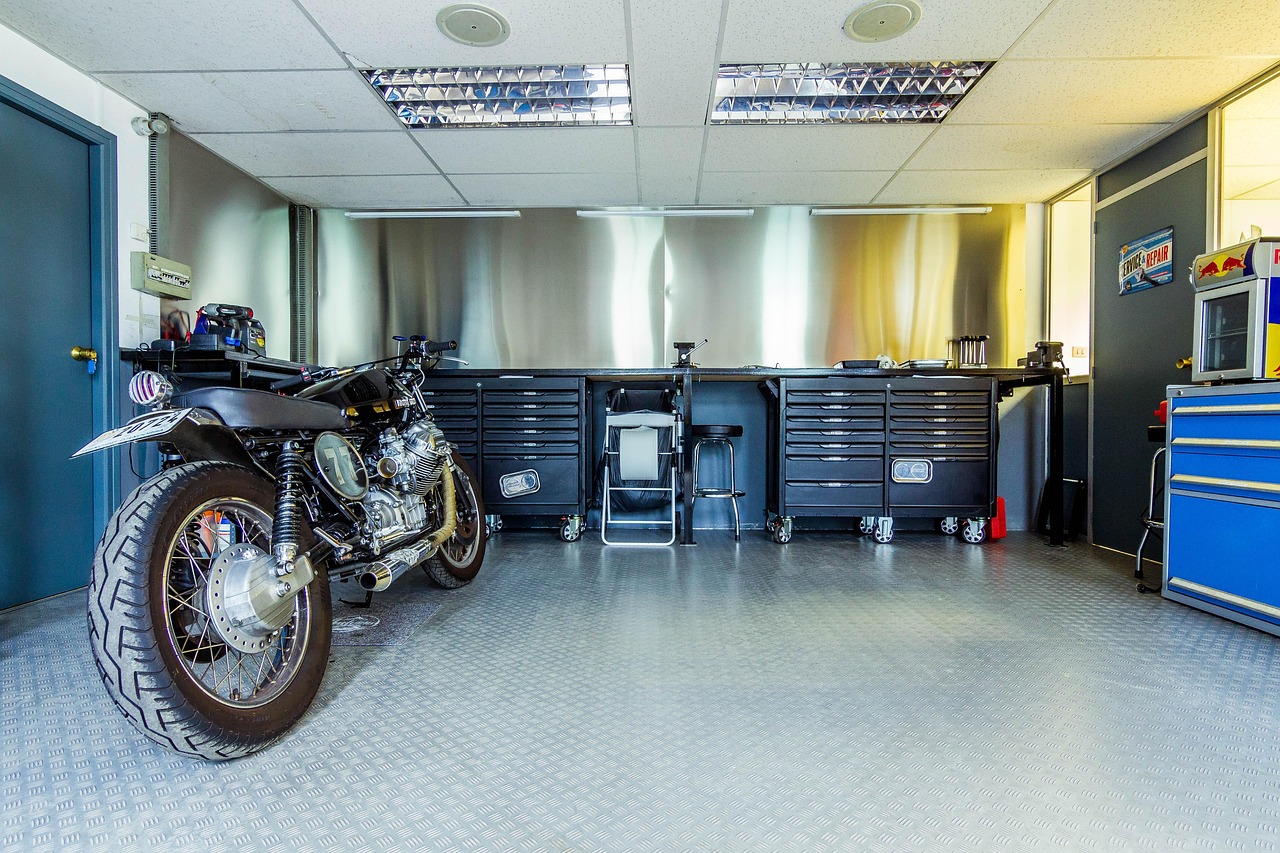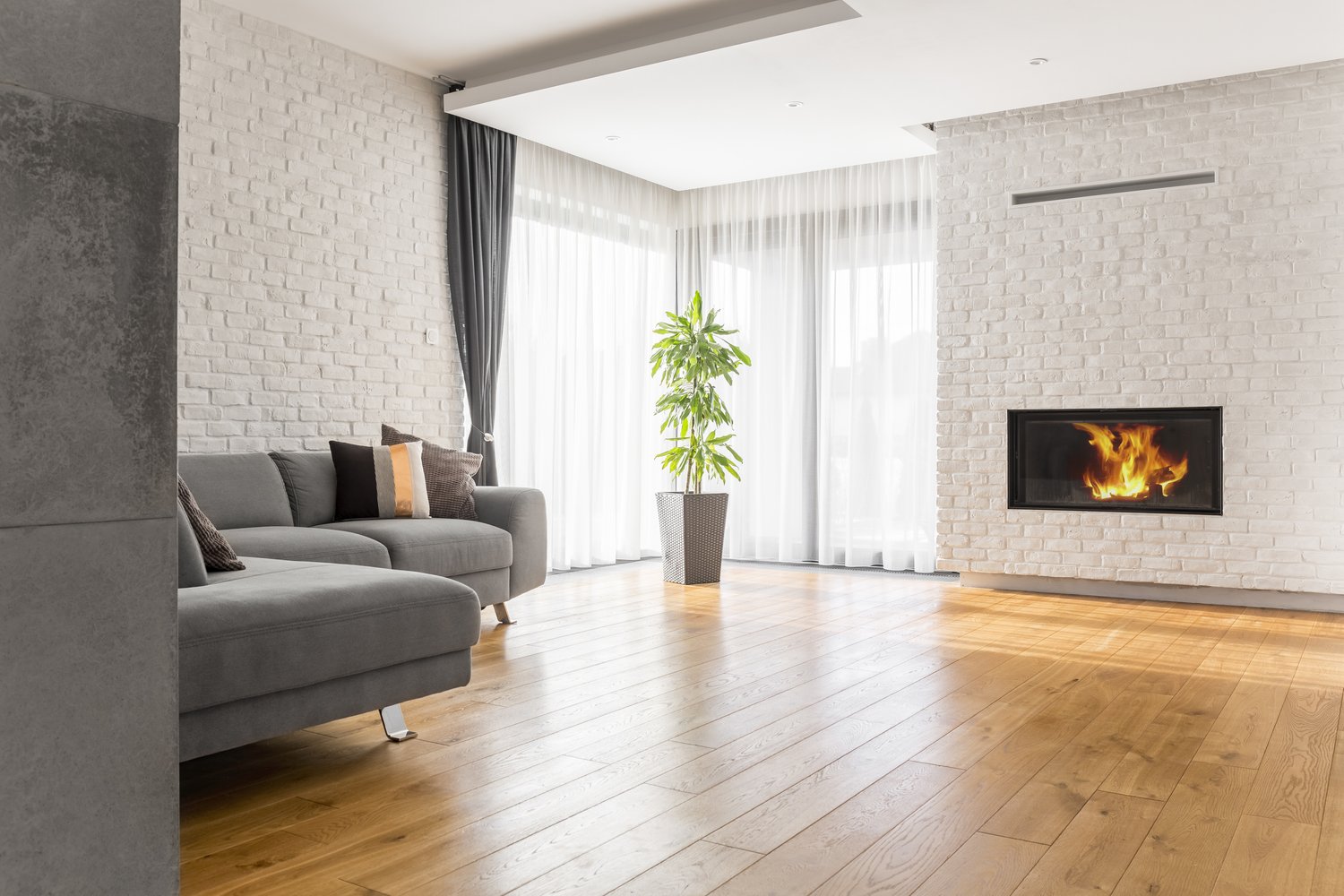Transforming your garage floor with epoxy coating has become increasingly popular among homeowners seeking to enhance both functionality and aesthetic appeal. This specialized floor treatment creates a durable, glossy surface that can withstand heavy traffic, resist stains, and elevate the overall appearance of your garage space. In this comprehensive guide, we’ll explore the advantages and disadvantages of epoxy garage floor coatings, compare DIY kits versus professional installation options, and break down the costs associated with each approach to help you make an informed decision for your home improvement project.
Understanding Epoxy Floor Coatings
Epoxy floor coating is a two-component system consisting of epoxy resin and a hardener that, when mixed together, creates a chemical reaction resulting in a rigid plastic material with remarkable bonding capabilities. This specialized coating forms a thick, seamless surface over concrete that’s substantially stronger than paint and offers exceptional durability. Unlike regular floor paint, epoxy creates a chemical bond with the concrete substrate, rather than merely adhering to the surface. The result is a high-performance floor that can withstand years of heavy use while maintaining its appearance.
Modern epoxy systems come in various formulations, including solid epoxy, water-based options, and solvent-based varieties. Each type offers different levels of durability, application challenges, and aesthetic options. Many homeowners are drawn to epoxy garage floor coatings because they transform dull, stained concrete into showroom-quality surfaces that resist automotive fluids, salt damage, and everyday wear and tear.
Key Benefits of Epoxy Garage Floors
The popularity of epoxy garage floor coatings stems from their numerous advantages. Durability stands at the forefront of these benefits. A properly installed epoxy coating can last 10-15 years or more with minimal maintenance, representing excellent long-term value. The resilient surface resists impacts, abrasions, chemicals, stains, and moisture, making it ideal for garage environments where spills and heavy objects are common.
Appearance is another significant advantage. Epoxy coatings create a smooth, glossy surface available in countless color options and decorative possibilities, including metallic finishes, color flakes, and customized patterns. This versatility allows homeowners to create a distinctive look that complements their home or personal style preferences.
Maintenance simplicity also ranks high among epoxy garage floor cost pros cons considerations. The non-porous surface prevents dirt, dust, and spills from penetrating, making cleanup remarkably easy – typically requiring just a dust mop or occasional damp mopping. This feature is particularly valuable in garage spaces where automotive fluids and road salt might otherwise stain and damage concrete floors.
Potential Drawbacks to Consider
Despite its advantages, epoxy flooring isn’t without drawbacks. Surface preparation represents the most critical and labor-intensive aspect of installation. Concrete must be thoroughly cleaned, degreased, etched, and completely dry before application. Any shortcuts in this preparation phase can lead to adhesion problems and premature failure of the coating.
Installation timing also presents challenges. The application process requires specific temperature and humidity conditions, typically between 50-80°F with moderate humidity. This environmental sensitivity can limit installation windows in regions with extreme climates and might necessitate garage climate control during application.
Some homeowners report that epoxy surfaces can become slippery when wet, though this concern can be mitigated by incorporating anti-slip additives during installation. Additionally, while epoxy resists many chemicals, certain substances like battery acid can still damage the coating if not promptly cleaned.
DIY Epoxy Kits: Process and Considerations
For budget-conscious homeowners, DIY epoxy floor coating kits offer an appealing option, typically ranging from $50-$300 depending on quality and garage size. According to recent diy epoxy floor coating kits reviews, these packages generally include epoxy resin, hardener, sometimes primer, decorative chips, and basic application tools.
The DIY process typically spans 2-4 days, including surface preparation, primer application (if used), epoxy application, and curing time. While manufacturers have improved kit formulations for easier application, success still heavily depends on meticulous surface preparation and following instructions precisely. As noted by experts at AskHomey, even minor deviations from the recommended process can result in bubbling, uneven coverage, or poor adhesion.
Consumer reviews indicate varying satisfaction levels with DIY applications. While many homeowners achieve acceptable results, common complaints include shorter durability compared to professional installations, difficulty achieving a perfectly smooth finish, and challenges with proper concrete preparation.
Professional Installation: Process and Value
Professional garage floor coating price considerations must account for the expertise, premium materials, and specialized equipment that contractors bring to the project. Professional installations typically range from $3-$12 per square foot depending on your location, coating system quality, and floor condition.
The professional process includes thorough concrete preparation using diamond grinding or shot blasting equipment that creates an ideal profile for adhesion. Contractors then apply multiple layers, often including primer, base coat, decorative elements, and a clear topcoat. This multi-layer system contributes to superior durability compared to most DIY applications.
While significantly more expensive than DIY options, professional installations typically offer longer warranties (often 5-15 years), exceptional durability, and premium appearance options not available in consumer kits. For many homeowners, this enhanced longevity and quality justifies the increased professional garage floor coating price.
Making the Right Choice for Your Garage
The decision between DIY and professional installation ultimately depends on your budget, expectations, and comfort with home improvement projects. If you’re working with limited funds and have moderate expectations, a high-quality DIY kit can provide satisfactory results when meticulously applied. However, if you desire maximum durability, premium appearance options, and worry-free installation, professional application typically delivers superior outcomes despite the higher initial investment.
Consider your garage usage patterns when evaluating epoxy garage floor cost pros cons. Homes with heavy garage traffic, workshop activities, or where appearance is paramount might benefit most from professional installation, while light-use garages might perform adequately with quality DIY applications.
For more tips and to connect with reliable home service professionals, follow AskHomey on Facebook and Instagram.



